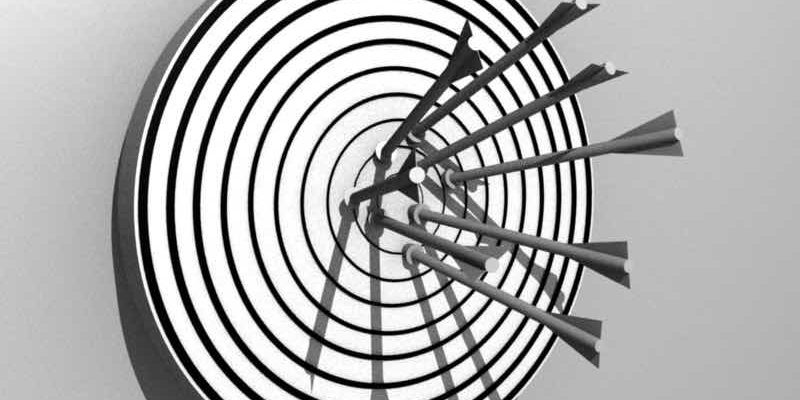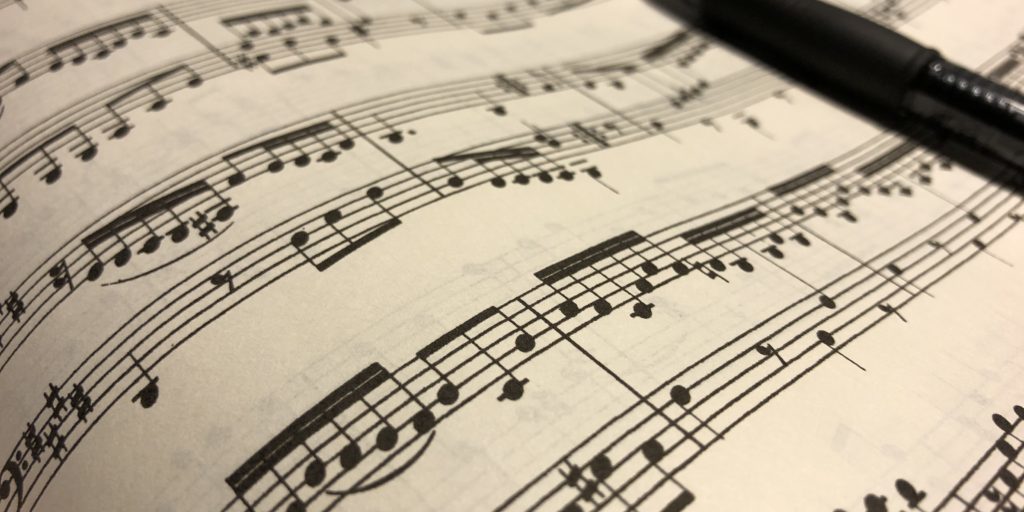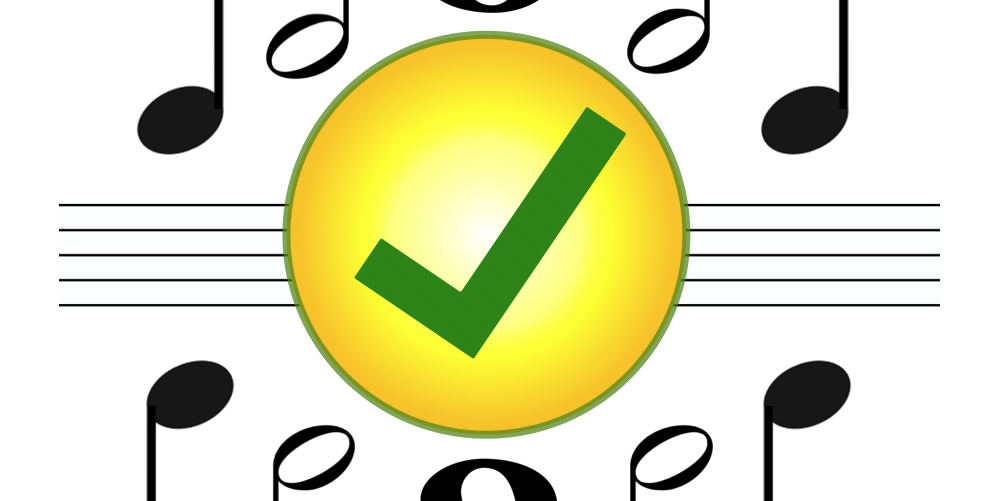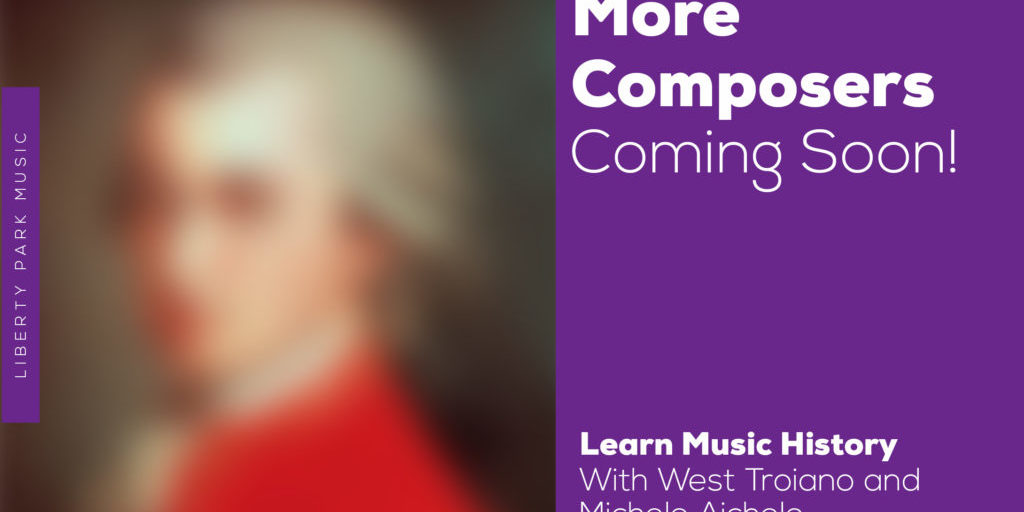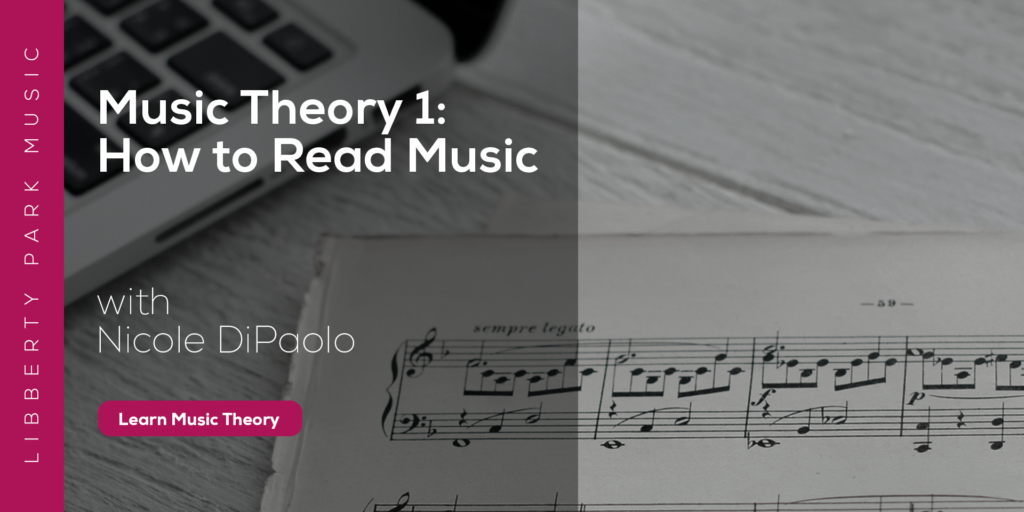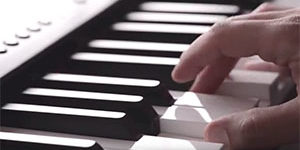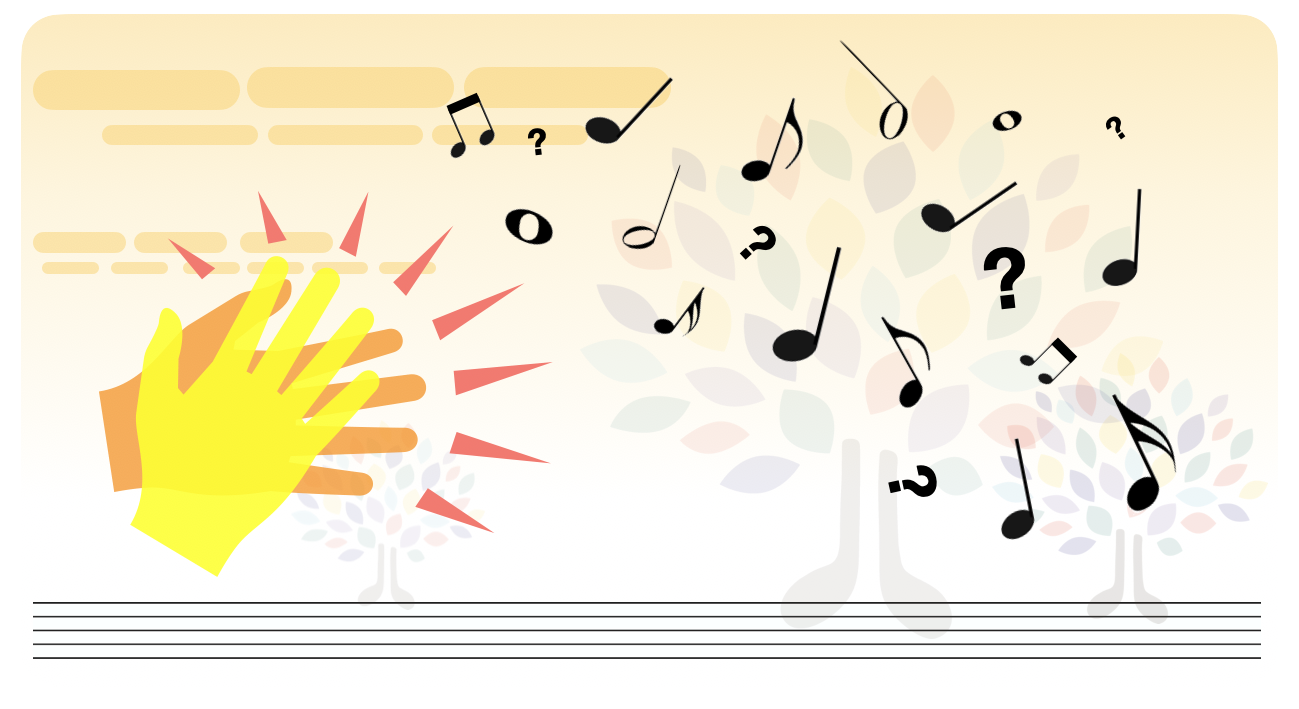
Have you ever been asked to clap the rhythms you find in your music? It might seem like a strange thing to do (especially when considering that your goal is to get better at your chosen instrument) but it’s a common recommendation you’ll find in the musical world.
As it happens, clapping your rhythms is one of the most beneficial things you can do when first learning a piece of music. Let’s look at some key points addressing why it’s worth it to clap your rhythms.
It's Great for Learning Rhythms
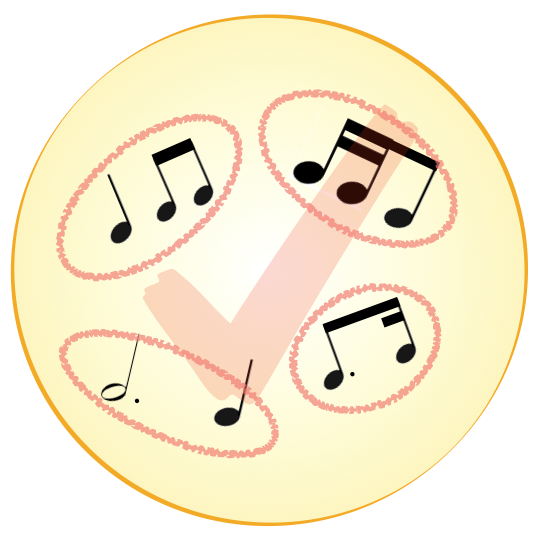
Starting right at the heart of the matter: clapping your rhythms is one of the best ways to learn them.
Generally speaking, learning a piece of music from music notation involves combining information about pitches, note values, tempo, and a variety of other factors. That's a lot of things to keep track of when you’re trying to get something playable! It’s easy to get lost in having mis-identified a pitch, or trying to get the right dynamic…by extracting the rhythms of the notes from the rest of the musical elements, and learning them in a way that doesn’t require you to manipulate your instrument, you’re able to zero-in on them, and learn them more quickly and more efficiently.
It Will Improve Your Sense of Time
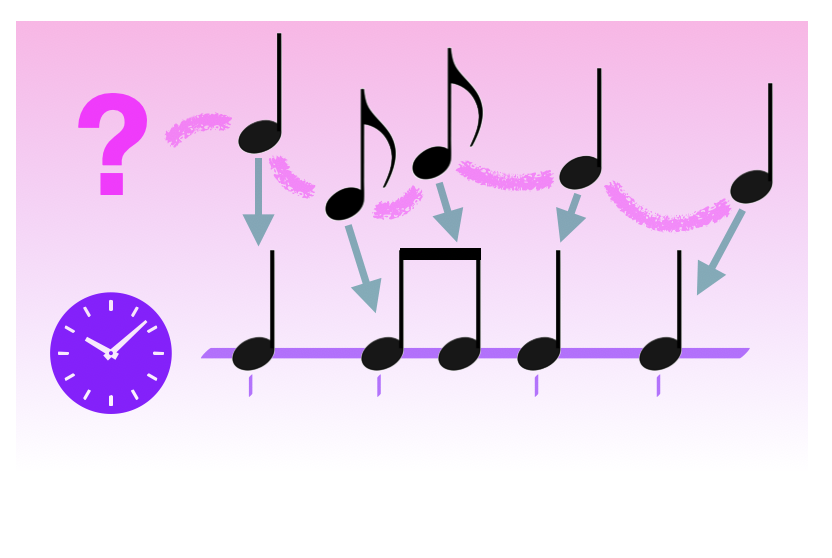
To properly learn a rhythm, you have to be able to put it “in time.” Playing something “in time” means that you’re able to play it to a consistent beat. Whether that beat is at a tempo that is slower or faster than it’s supposed to be for a piece, as long as you’re playing the rhythm correctly against it, you’re playing the rhythm correctly.
But playing in time when you’re just starting to learn a piece can be challenging. Once again, with so many potential factors at play for learning, it can be hard to keep the beat steady and consistent as you try to realize the material for the first time. Simplifying the process by clapping through the rhythms is almost always easier, and you’ll hear and feel how the beat and the rhythms interact more clearly when clapping. Don’t forget to use a metronome!
You'll Learn the Music More Deeply
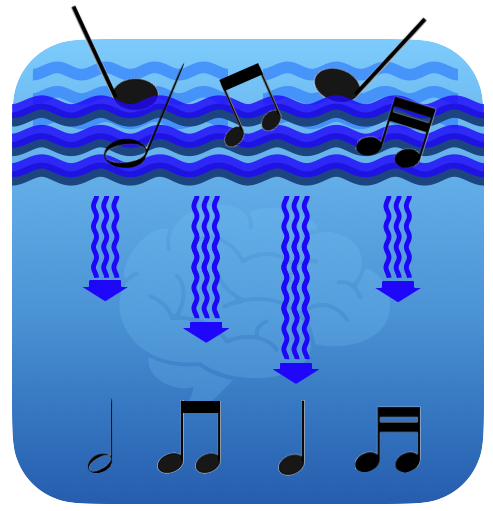
Have you ever tried to learn a piece of music only to discover that you’ve made a mistake in one or more of its elements? If your answer is not, “of course,” then it should be - we all have. Trying to put together all of the elements of music can result in one or more of them being understood less comprehensively, which can result in mistakes. Where do these kinds of mistakes tend to happen most? With the rhythm, dynamics, and articulations.
When you clap your rhythms you’re not just making them easier to learn; you’re also making everything else easier to learn. Once you have a firm grasp on how the rhythmic structure goes, it’s easier to overlay your understanding of the pitches. Rhythm and dynamics often interact closely, so you’ll likely gain a better feeling for how the dynamics should swell and ebb before you even learn them specifically. No element exists alone in music, so learning one well aids with learning the rest.
It's Fun! (and you'll gain a new perspective)
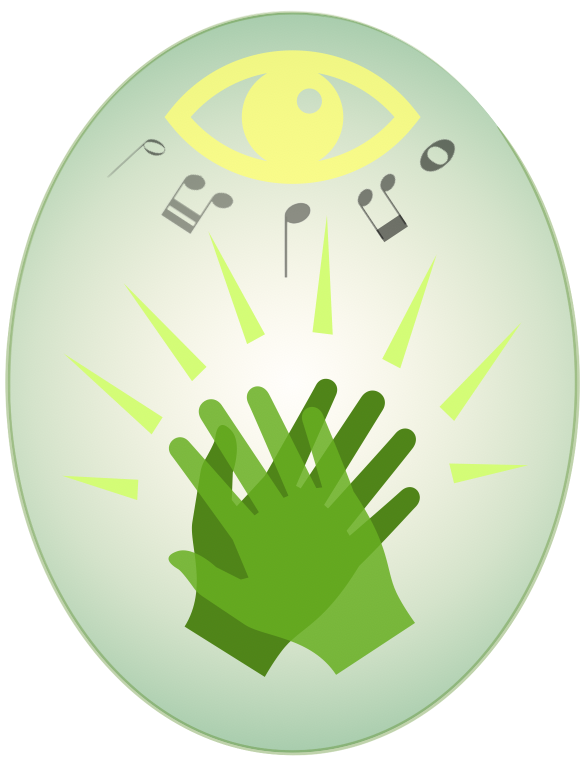
Clapping rhythms is fun! It’s a nice break from the more concentrated work of precisely using your fingers (or your voice). It allows you to be a simple percussionist for a bit, and to discover the joy of realizing music simply.
In doing so, you may gain a different perspective on your music. Perhaps you never gave the rhythm much thought before, or perhaps the melody makes much more sense once you properly understand how the rhythms work. Perhaps you’ll notice something stylistically relevant, such as a traditional rhythm hidden within a very non-traditional sounding piece. Clapping your rhythms is making the best of being able to analyze and appreciate your music from a specific angle, and there may be many treasures for you to discover from that perspective.
Thanks for checking out this article from Liberty Park Music! If you liked what you saw here, you can find more in our blog at libertyparkmusic.com. We also have a YouTube page! And if you're really ready to take your music training to the next level you can subscribe to our site and gain access to a full spectrum of piano, guitar, drum, and music theory lessons.
Sign up for our free newsletters
Get more useful articles and guides like this one, for free.
About the Author: West Troiano
West has over 10 years of teaching experience in settings that vary from private studios to college classrooms. In addition to teaching through traditional forms of piano pedagogy, West frequently produces music and teaching materials that cater to the needs of his students. Check out West's course on Piano Etudes for both beginners and intermediate pianists.


